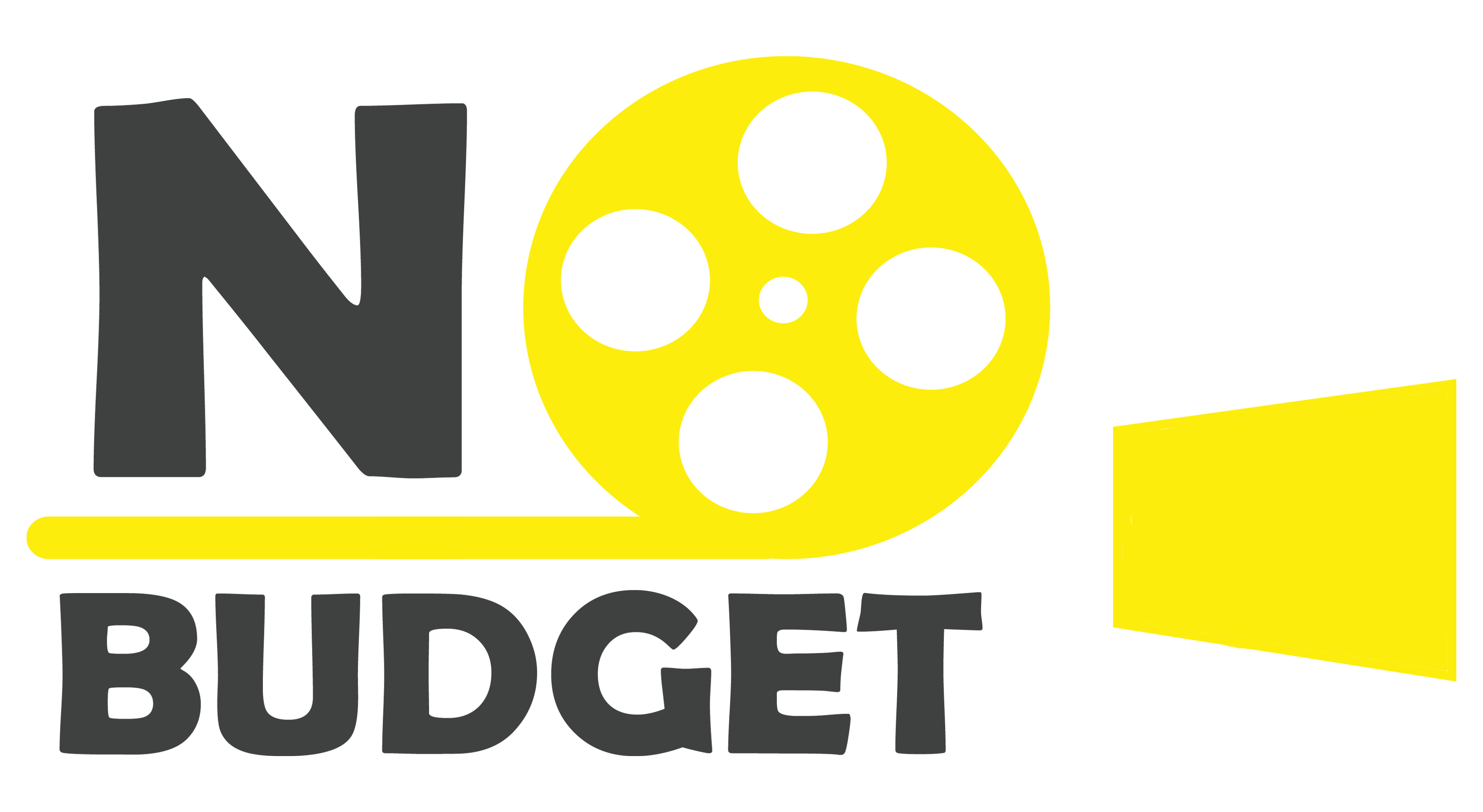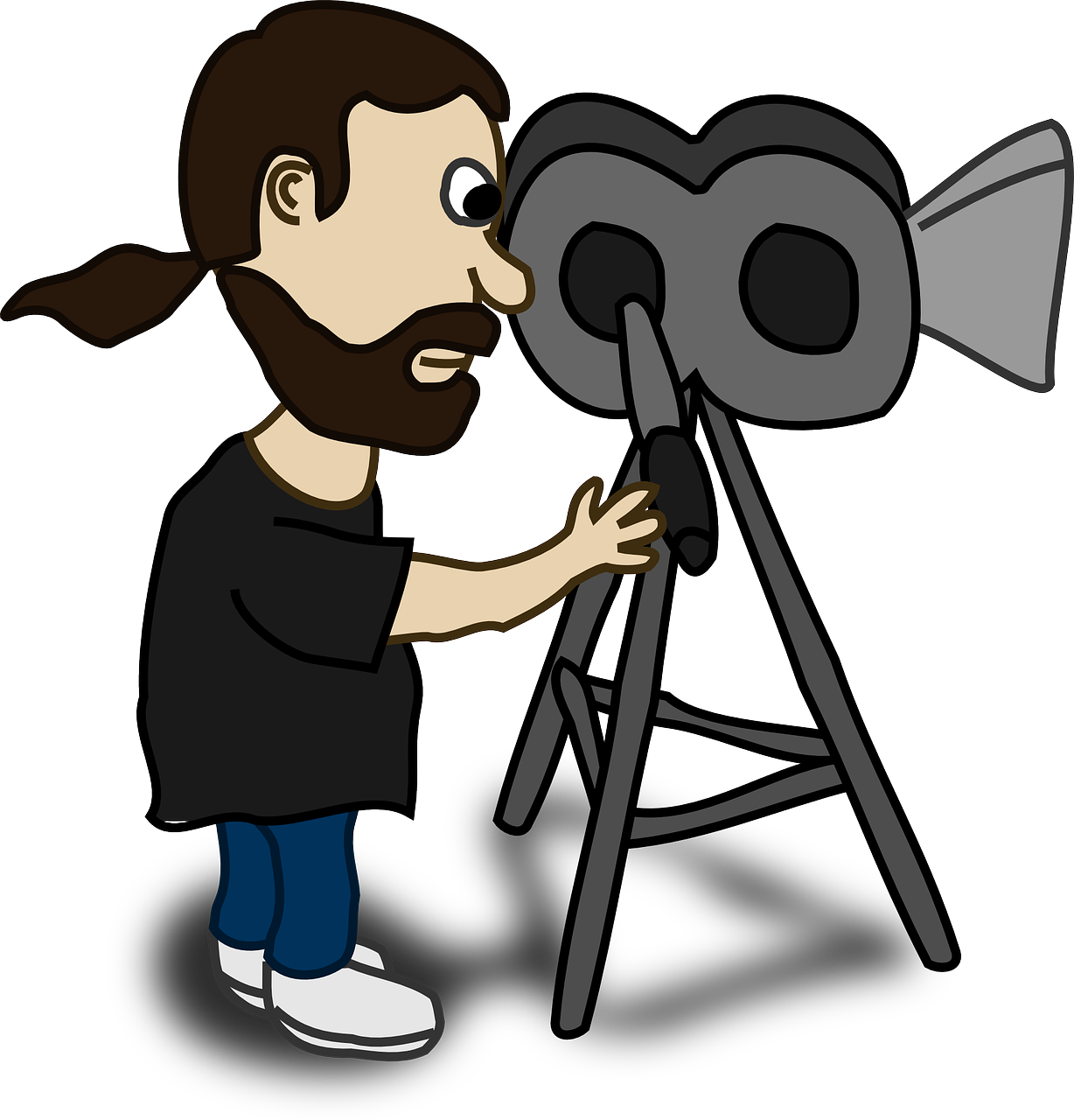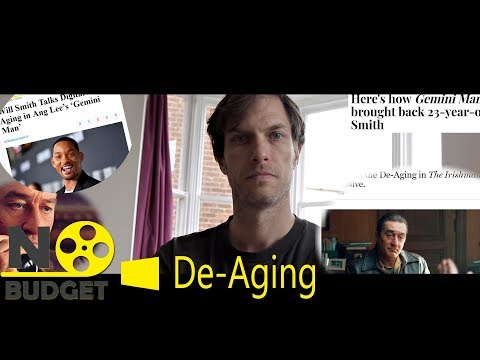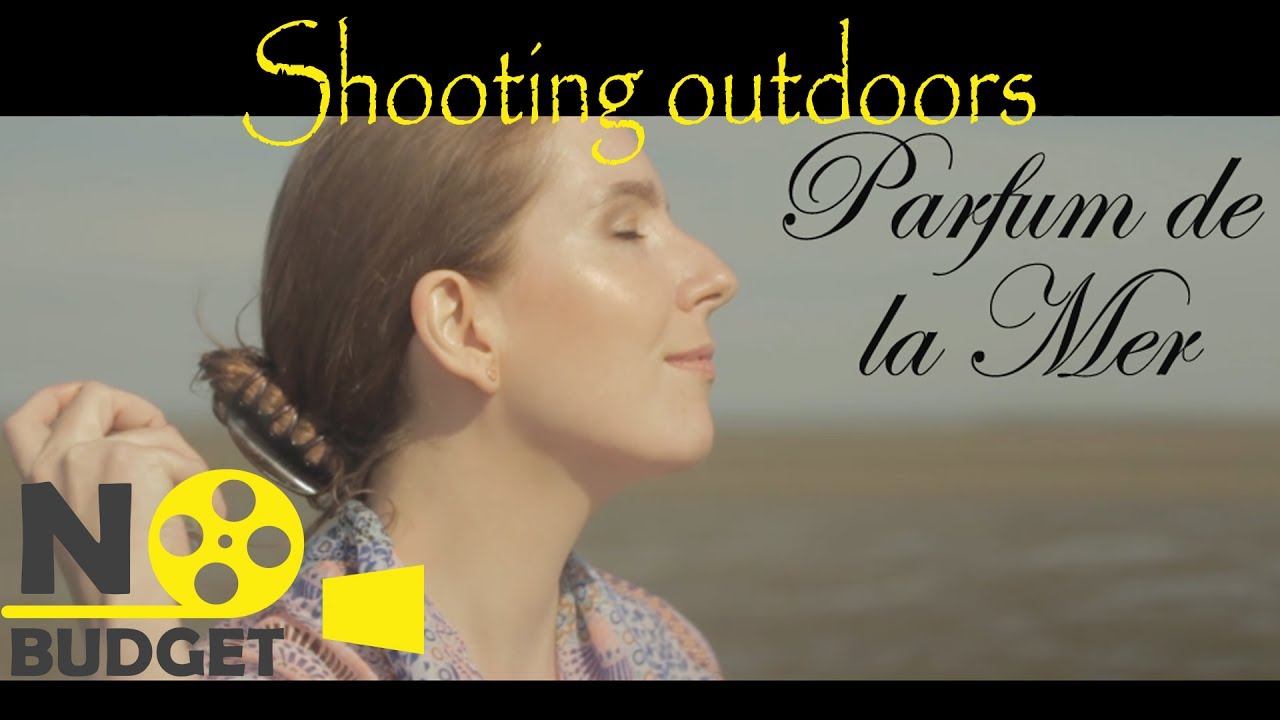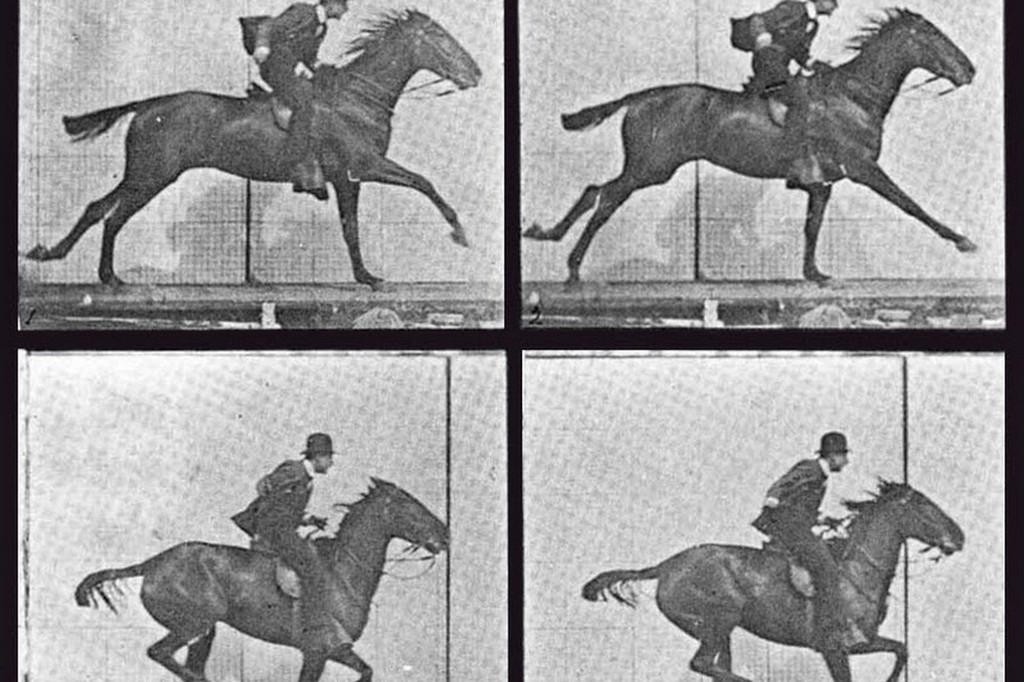Top 10 Mistakes Most Low Budget Filmmakers Make
Practical Advice
0
 Every film project we work on is a learning experience. This can be big budget to small budget. For the low and no budget filmmakers there are some common mistakes that often get made. Here are the top ten mistakes that most low budget filmmakers make.
Every film project we work on is a learning experience. This can be big budget to small budget. For the low and no budget filmmakers there are some common mistakes that often get made. Here are the top ten mistakes that most low budget filmmakers make.
- Sound! I can’t stress this one enough. Which is why it has an exclamation mark next to it as it is often not taken into consideration. If the plan is to send to festivals or show the film in a larger setting something that will always stand out is bad sound quality. Not just the vocal recording also think about effects such as walking and other things. If you have to do ADR (Automatic Dialog Replacement) then take the time and do it right.
- Story. People think their writing is brilliant, when it’s not. Get feedback from people who will give honest feedback such as a writing group or film group. Friends and family often don’t want to hurt your feelings and will say something is good when it might not be. Try to remove clichés if possible. Yes, we know how a romantic comedy ends and we expect it, which is why we watch them, so balance that with maybe a new twist on how they get together in the end.
- Find the right actors. Sometimes we like to work with friends because they are free but if they don’t fit the roll then don’t use them. This is something to keep in mind when writing the film as well. If you already have the actors you will be working with write the rolls around their abilities.
- Learn the basics of composition. Even if you are going to break the rules like the rule of 3rds, know that you are breaking it and justify it with your story.
- Lighting. Just like bad sound this will be amplified on the large screen. Strong shadows and contrast might work in one scene but not another. Are the skies washed out or interiors to dark? A reflector or diffuser for outside and a cheap lighting kit can go along way on a film.
- Connect the sequences together. Often in low budget films filmmakers shoot one scene, then the next scene, but leave out how the people got from one location to another. It’s these little details that add a professional look. This includes establishing the scene. A quick shot to let the audience know where we are.
- Color correction and grading. This is another item often neglected because it is difficult to do right and usually costs money. This is one of the areas that spending money is worth it. Find a decent color person and send the film to them, the difference will be noticeable and helps give a film that professional look.
- Music can make a huge difference in setting the mood of a scene. Just be sure it doesn’t overpower the scene and distract from what is happening between the characters.
- Set design. Often on low budget films people are so worried about continuity that they neglect if the scene even looks write. The color of the paint on the walls and the little details on a mantel all set the scene and the mood.
- Your first film will probably suck, and that’s okay. talk to most authors or screenwriters and they will often say their first book or script is still in a box somewhere. Take from the first film and use the experience to make the next one better.
Tags In
Related Posts
Leave a Reply Cancel reply
This site uses Akismet to reduce spam. Learn how your comment data is processed.
